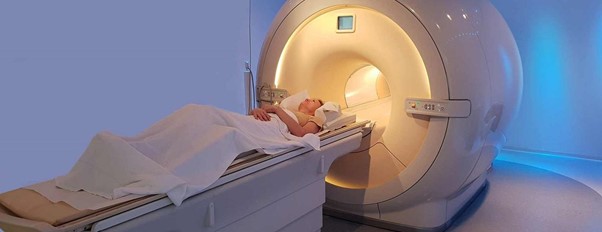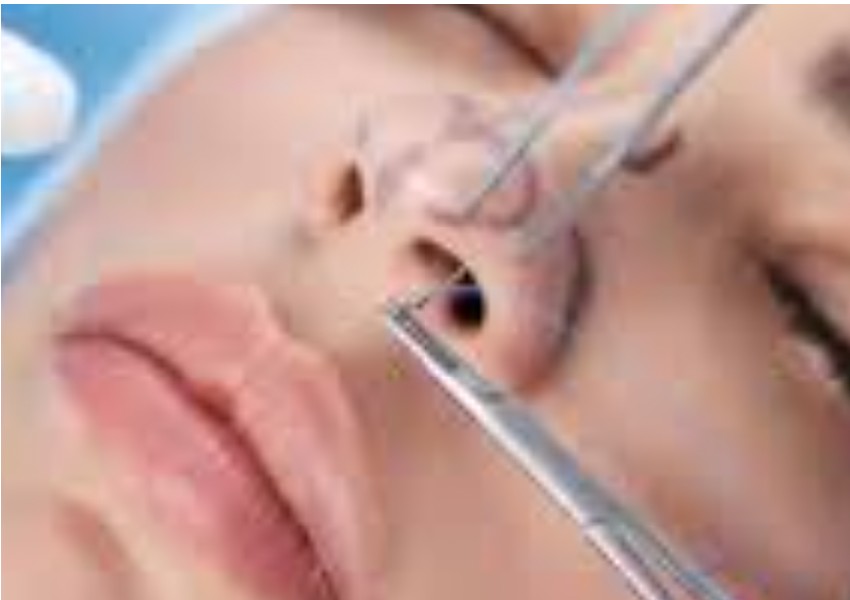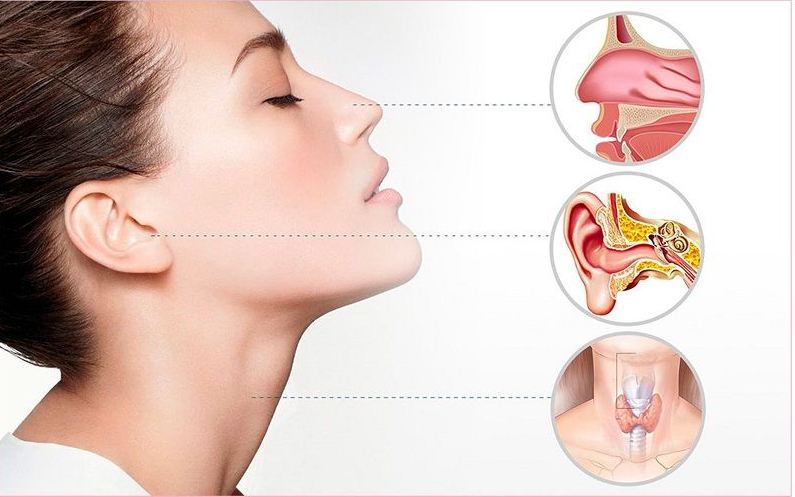
Sinusitis: Prevention, Diagnosis, and Effective Treatments
Sinusitis, also known as a sinus infection or rhinosinusitis is an inflammation of the paranasal sinuses caused by viruses, bacteria, fungi, or other agents.
It can cause a wide range of symptoms such as a blocked nose, facial pain, tenderness, headache, and fever. When left untreated, sinusitis can lead to severe complications.
What Causes Sinusitis?
Sinusitis is caused by a variety of factors, such as viral or bacterial infections, allergies, smoking, swimming and diving in contaminated water, structural abnormalities in the nose or sinuses, and other environmental irritants.
Common causes of sinusitis include the common cold, influenza, allergies, rhinovirus, and other viral infections.
Prevention Strategies for Sinusitis
Keep your sinuses clear
One of the most effective ways of preventing sinusitis is to keep your sinuses clear of mucus and other irritants.
This can be done by using a saline nasal spray or rinse, which can help to flush out irritants and keep your nasal passages moist.
You can also use a humidifier to keep the air in your home moist, which can keep your sinuses from becoming dry and irritated.
Practice good hygiene
Sinusitis is often caused by viruses or bacteria that can be found on your hands, and in the air, you breathe.

To reduce your risk of infection, make sure that you practice good hygiene by washing your hands frequently, avoiding close contact with people who are sick, and keeping your home clean and free of allergens.
Manage allergies
Allergies can trigger sinusitis by causing inflammation and irritation in your nasal passages. To prevent this, make sure that you manage your allergies effectively by avoiding allergens that trigger your symptoms and taking any medications that your doctor prescribes.
Avoid smoking and air pollution
Smoking and exposure to air pollution can irritate your sinus tissues and can make you more vulnerable to infections. If you smoke, try to quit, and avoid exposure to secondhand smoke.
Additionally, try to limit your exposure to air pollution by avoiding heavy traffic areas, and using air filters in your home.
Maintain a healthy lifestyle
A healthy lifestyle can help to boost your immune system, which can make you less susceptible to sinus infections.
Make sure that you eat a balanced diet, exercise regularly, and get enough restorative sleep. Additionally, avoid stress as much as possible, as stress can weaken your immune system and make you more vulnerable to infections.
Diagnosis and Tests for Sinusitis
If you think you may have sinusitis, it’s important to seek medical attention right away.
Physical examination
The doctor will conduct a physical examination by checking your sinuses for tenderness and fluid accumulation. They will also inspect your ears, nose, and throat for any signs of infection or inflammation. This will help determine if you have acute or chronic sinusitis.
Nasal endoscopy
Nasal endoscopy is a procedure where a thin, flexible tube with a camera and light is inserted into your nose to examine your sinuses.
This can help the doctor check for any blockages, polyps, or other abnormalities that may be causing your symptoms.
X-ray
A sinus X-ray is an imaging test that uses radiation to produce images of your sinuses. It can help the doctor see if there is any inflammation or fluid in your sinuses.
However, X-rays are not always reliable for diagnosing sinusitis and are usually reserved for cases where there is suspicion of complications.
CT scan
A CT scan is a more advanced imaging test that can provide detailed images of your sinuses and surrounding structures. It can help the doctor determine the extent and severity of your sinusitis and identify any underlying causes such as a deviated septum or sinus polyps.

Allergy testing
If allergies are suspected to be the cause of your sinusitis, your doctor may recommend allergy testing.
This can involve skin tests or blood tests to identify any allergens that you may be sensitive to. Avoiding these allergens can help prevent sinusitis from recurring.
Sinusitis Treatments
The approach to sinus treatment depends on the underlying cause.
Antibiotics
Antibiotics are usually prescribed by doctors to treat sinusitis caused by bacterial infections. The antibiotics work by killing the bacteria causing inflammation within the sinuses.
However, not all sinusitis cases require antibiotics, as it can also be caused by viral infections, allergies, or other underlying medical conditions.
Nasal and Oral Corticosteroids
Nasal and oral corticosteroids help to reduce inflammation and alleviate symptoms like congestion, pain, and headaches in cases of sinusitis.
These medications have anti-inflammatory properties that help to shrink the swollen nasal tissues and reduce the amount of mucus produced, improving airflow in the sinuses.
Saline Nasal Irrigation
Saline nasal irrigation involves using a saline solution to flush out the sinuses, which helps to reduce inflammation and wash out excess mucus from the nasal passages.
This treatment helps to improve breathing and relieve symptoms like congestion and headaches caused by sinusitis.
Decongestants
Decongestants help to relieve sinusitis symptoms by reducing congestion and swelling of the nasal tissues.
These over-the-counter drugs come in oral, nasal spray, or drop forms and work by narrowing blood vessels in the nasal passages, thus decreasing the amount of mucus produced.
Sinus Surgery
In cases of chronic sinusitis, where other treatments have not been successful, sinus surgery may be necessary.
The surgery is usually done to remove blockages in the sinus or to correct structural abnormalities, improving airflow in the sinuses and reducing inflammation.
Conclusion
Sinusitis is a common condition that can cause uncomfortable symptoms and should be addressed promptly. Fortunately, there are a variety of effective treatments available to help relieve the symptoms of sinusitis.
By following prevention strategies and seeking medical attention early, you can reduce your risk of developing complications from sinusitis.
Learn more about sinus treatment by watching the below video or visit https://drkhliment.com.sg/ to learn more.


